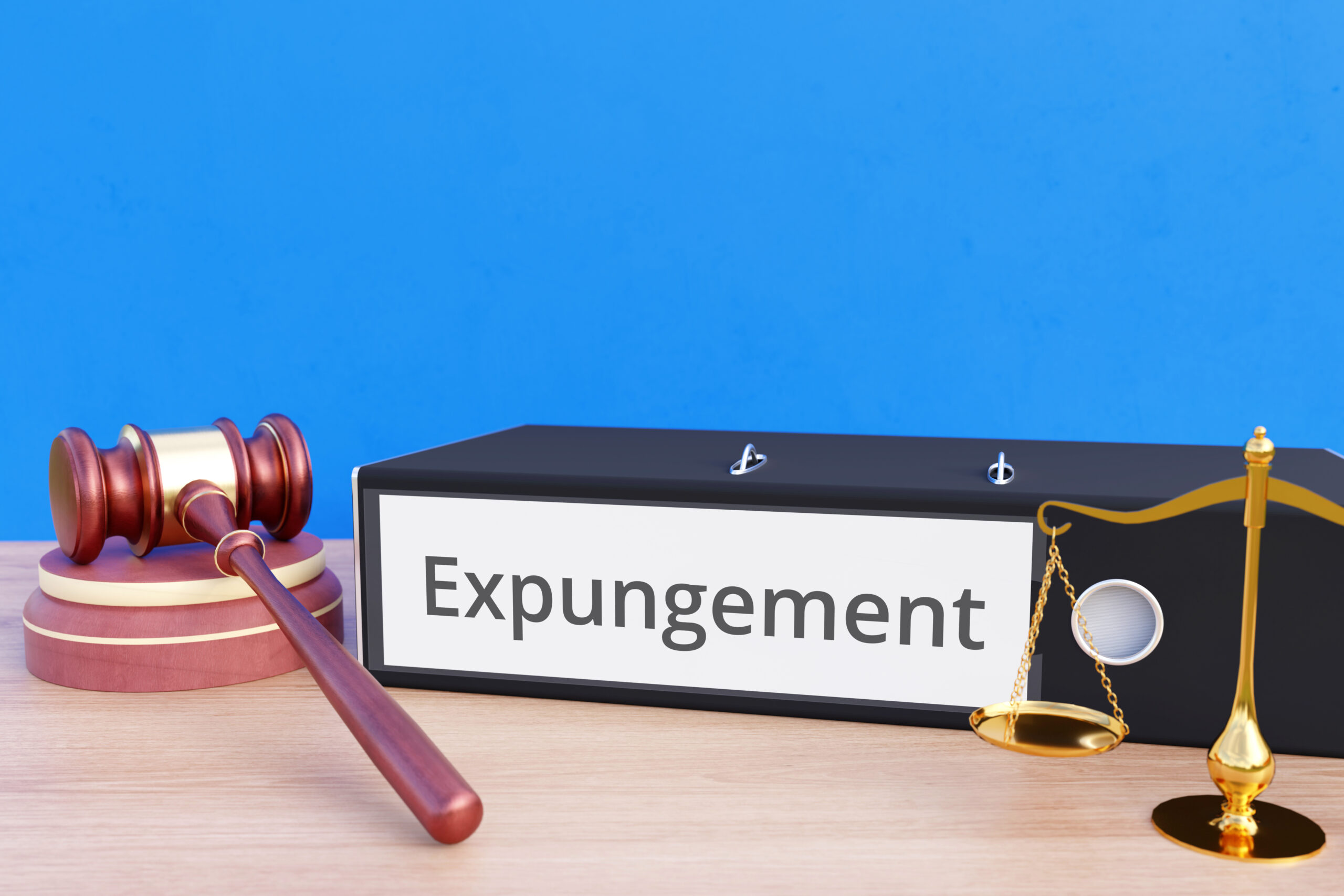Now Reading: How To Prepare For Your Expungement Hearing
-
01
How To Prepare For Your Expungement Hearing

How To Prepare For Your Expungement Hearing
A fresh start and a clean slate—everyone who’s had a wrongdoing in the past would want that. Legally speaking, a person can move forward in life without being held back by a criminal record through expungement. While the sound of it seems intimidating, having your way with it is a step in the right direction.
You want to proceed with your expungement hearing poised and prepared. After all, you’re hoping for the best outcome—a new lease on life. This article is just what you ordered.
Understanding the Expungement Process
Expungement, also known as record sealing or record clearing, is a legal process that allows individuals to have their criminal records effectively erased or sealed from public view. The expungement process aims to provide individuals with a fresh start by removing the barriers and stigma associated with having a criminal record, improving their prospects for employment, housing, and other opportunities.
The eligibility requirements and procedures for expungement vary from state to state. For example, in California, the expungement process is governed by Penal Code Sections 1203.4 and 1203.4a. To be eligible for expungement in California, an individual must have successfully completed probation or served their sentence, paid all fines and restitution, and not have any currently pending criminal cases. If you need criminal defense attorneys in San Bernardino, they can guide you through the specific requirements and nuances of the expungement process in your county and state.
Gathering Essential Documentation
One of the most critical steps in preparing for your expungement hearing is gathering all the necessary documentation. This typically includes:
- Court records: Obtain certified copies of your criminal case files, including the final disposition and any probation or parole documents.
- Proof of rehabilitation: Collect evidence demonstrating your rehabilitation efforts such as certificates of completion for educational programs, counseling, or community service.
- Employment and character references: Gather letters from employers, family members, or community leaders attesting to your good character and conduct since the conviction.
- Payment of fines and restitution: Provide proof that you have paid all fines, fees, and restitution associated with your case.
Compiling a comprehensive set of documents is essential, as it demonstrates to the court your commitment to the expungement process and your dedication to leading a law-abiding life. Failing to provide the required documentation may result in delays or even the denial of your expungement petition.
Seeking Legal Counsel
While it’s possible to navigate the expungement process on your own, seeking the guidance of an experienced criminal defense attorney can significantly increase your chances of success. An attorney who specializes in expungement cases will:
- Evaluate your eligibility: They will review your case and determine if you meet your jurisdiction’s legal requirements for expungement.
- Assist with paperwork: Attorneys can ensure that all necessary forms are completed accurately and filed correctly with the appropriate court.
- Represent you in court: They will argue your case before the judge, presenting evidence of your rehabilitation and advocating for your expungement.
- Handle any complications: If any issues or objections arise during the process, an attorney can provide guidance and represent your interests effectively.
Having a knowledgeable legal professional on your side can make a significant difference in the outcome of your expungement case. They can navigate the complexities of the legal system, anticipate potential obstacles, and present the strongest possible argument on your behalf.
Dressing Appropriately and Practicing Your Testimony
Once your expungement hearing date is scheduled, it’s crucial to prepare for the courtroom proceedings. Dress in a professional and respectful manner, as if you were attending a job interview or formal event. Also, anticipate the questions the judge may ask and prepare concise, honest responses that highlight your rehabilitation efforts and commitment to moving forward with your life. If applicable, ensure that any character witnesses or individuals who can attest to your rehabilitation are present and prepared to testify on your behalf.
Proper preparation for the hearing is vital, as it demonstrates your respect for the legal process and your commitment to presenting your case in the most compelling manner possible. Rehearsing your testimony and ensuring a professional appearance can go a long way to making a positive impression on the judge.
Stay Positive and Focused
Throughout the expungement process, it’s essential to maintain a positive attitude and remain focused on your goal. Expungement hearings can be emotionally charged, but it’s crucial to remain calm, respectful, and composed, regardless of the outcome. Maintaining a positive mindset and focusing on the potential benefits of expungement can help you approach the process with determination and resilience.
Conclusion
The road to expungement may be challenging, but the potential rewards are invaluable. Expungement isn’t just about erasing a criminal record; it’s about reclaiming your future and embracing the second chance you deserve. \









